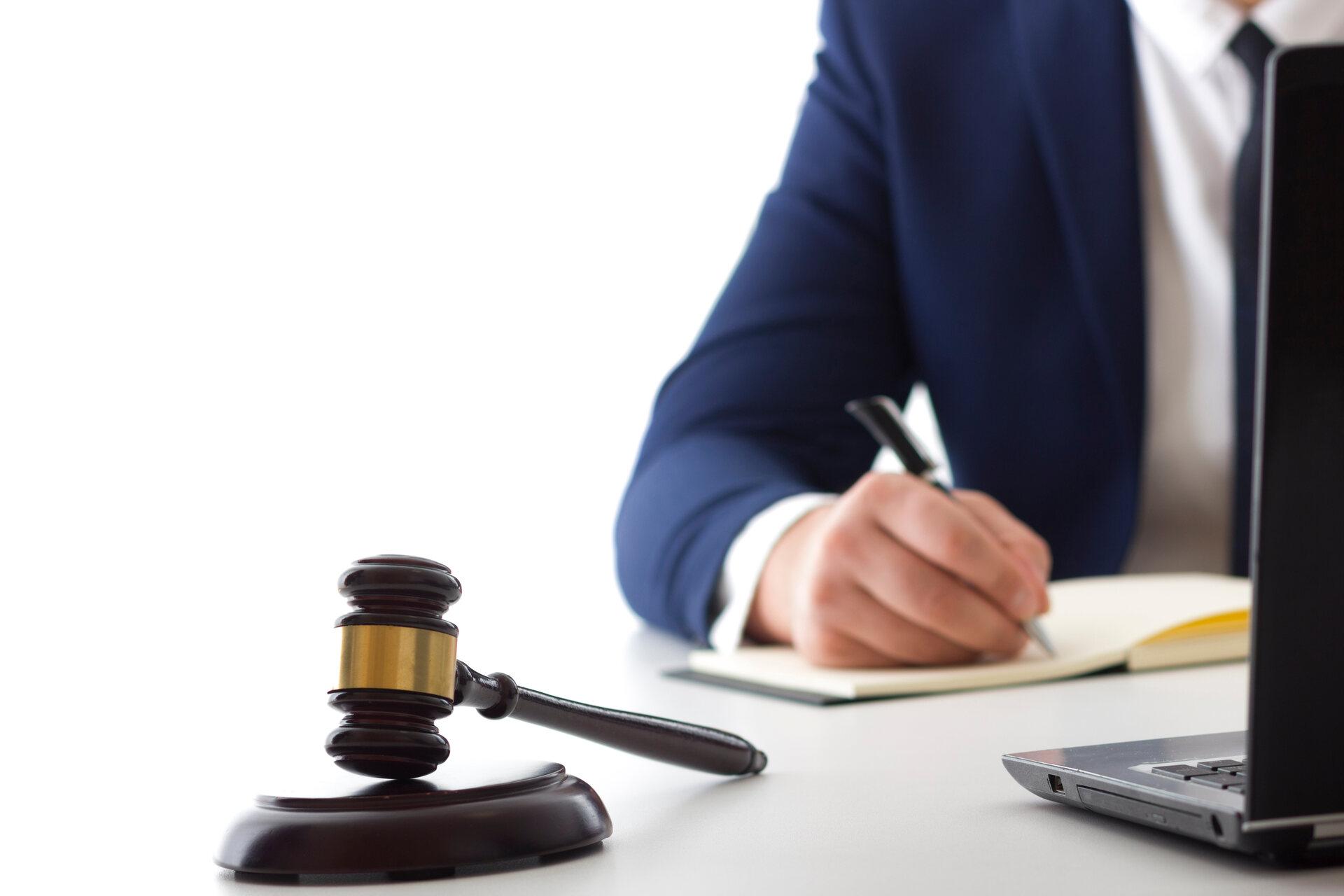Have you ever seen a lawyer’s name followed by “Esq.” and wondered what it means? The title “Esquire” might seem like a formality, but it actually carries professional significance. In this article, we’ll break down what “Esquire” means, who can use it, and why it matters—especially when working with legal professionals like those at RIE Law.
What Is “Esquire”?
“Esquire,” often abbreviated as Esq., is a title used in the United States to indicate that someone is a licensed attorney. The term has its roots in English society, where it originally referred to someone ranking just below a knight. In modern usage, especially in American legal settings, it signals that the person is qualified to offer legal services and represent clients in court.
Who Can Use the Title?
Not everyone with a law degree can use “Esquire.” This title is specifically reserved for individuals who:
-
Have completed a law degree (like a Juris Doctor or J.D.)
-
Have passed the bar exam and are officially licensed to practice law
Once a lawyer meets these criteria, they may use "Esquire" after their name—for example, Jane Smith, Esq.—especially in formal or written communication.
Is “Esquire” the Same as “Attorney”?
They’re closely related, but not identical. An attorney is someone who is licensed to practice law. Esquire is a courtesy title that reflects that licensure in a formal or professional setting. So, while all attorneys may use “Esquire,” not all individuals with legal training are attorneys unless they’re licensed—and therefore, not all can use the title.
How “Esquire” Differs from Other Legal Titles
Legal professionals may carry different titles depending on their role or jurisdiction. Here's how some common ones compare:
-
Lawyer: Someone who has completed law school. Not all lawyers are licensed to practice.
-
Attorney-at-Law: A formal designation for someone who is licensed and actively practicing law.
-
Counsel: Typically refers to a legal advisor, often working in-house or as part of a legal team.
-
Barrister (mainly in the UK): A lawyer who represents clients in court, unlike a solicitor who handles legal paperwork. In the U.S., there’s no such distinction—both are simply attorneys.
Do Lawyers Have to Use “Esquire”?
Not at all. Using “Esquire” is entirely optional. Some attorneys prefer to use it in formal correspondence, while others don’t. Whether or not it appears after their name, their legal rights and qualifications remain the same. In courtroom settings, lawyers are generally addressed as “Mr.” or “Ms.” followed by their last name—not with the title “Esquire.”
When and How to Use “Esquire”
“Esquire” is primarily used in professional writing and formal documents. For example, a business letter to a lawyer might be addressed like this:
Example:
Michael Johnson, Esq.
456 Main Avenue
City, State, ZIP
In informal conversations or emails, it’s common to simply say “lawyer” or “attorney” instead.
Why Titles Like “Esquire” Matter
Legal titles help establish a person’s authority and qualifications. When someone uses “Esquire,” it shows they are legally certified to offer advice and represent clients. This can give clients peace of mind that they’re working with a knowledgeable, licensed professional.
Why You Should Know Legal Titles
Understanding the meaning behind legal titles helps you make informed choices when dealing with legal matters. Whether you’re hiring an attorney, reviewing a legal letter, or navigating a case, knowing what terms like “Esquire” mean can help you better understand who’s qualified to assist you.
Final Thoughts
The title “Esquire” isn’t just an old-fashioned term—it identifies someone as a licensed attorney who is qualified to handle legal matters. While it’s not a required title, it’s a widely recognized way of showing respect and professionalism in legal communication.
If you're looking for skilled legal guidance, RIE Law is here to help. Our attorneys are fully licensed and committed to providing expert legal support tailored to your needs.

